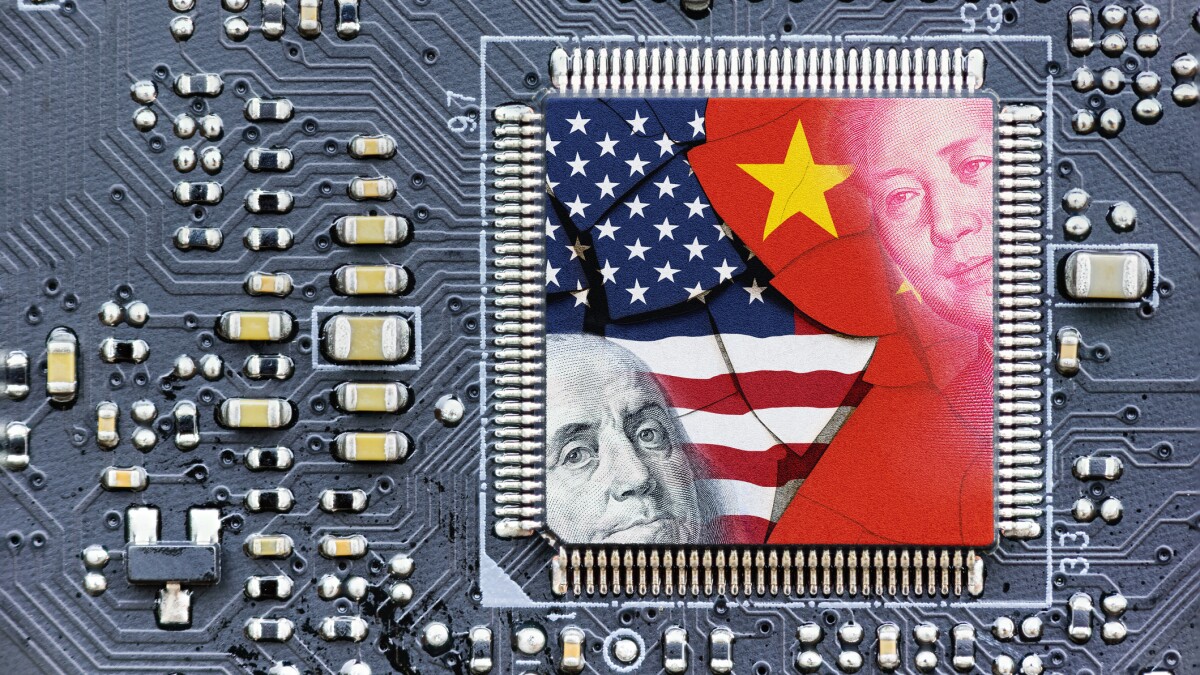In a strategic move, China has imposed new restrictions on the export of gallium and germanium, two critical materials for the semiconductor industry. As the chip war with the United States intensifies, China’s action is seen as a response to Washington’s efforts to limit Beijing’s access to advanced microprocessor technology. Under the new controls, special licenses are now required to export gallium and germanium from China, a move that could have significant repercussions for the global supply chain of microchips and the world’s geopolitical landscape.
China’s Dominance in the Global Supply Chain
China plays a pivotal role in the global supply chain of gallium and germanium, producing 80% of the world’s gallium and 60% of germanium, according to the Critical Raw Materials Alliance (CRMA) industry body. These “minor metals” are essential for chip manufacturing and have military applications, making them crucial commodities in the technology-driven world.
Escalating Resource Nationalism and Its Impact
The tit-for-tat between the world’s two largest economies is fueling concerns about resource nationalism. Governments are increasingly hoarding critical materials to exert influence over other countries. The rise of “resource nationalism” is challenging the narrative of globalization, potentially posing an existential threat to Western industries that heavily rely on these materials.
Diversification and the Road Ahead
China’s export restrictions have raised questions about the long-term impact on the global microchip industry. While China currently dominates the market, substitutes for gallium and germanium exist, and there are active mining and processing facilities outside of China. Experts believe that similar to the rare earth minerals export restrictions in the past, other countries will emerge as suppliers, gradually reducing China’s dominance in the supply chain.
As China restricts the exports of gallium and germanium in response to the chip war with the US, the global semiconductor industry faces uncertainty. The dominance of China in the supply chain raises concerns about resource nationalism and its impact on the global economy. While there are alternatives to these materials, the need to diversify supply chains and the development of new sources will be a time-consuming process. As the world navigates through this complex geopolitical landscape, the repercussions of these export controls could have significant implications for industries, consumers, and the environment in the pursuit of green technologies and decarbonization.
















